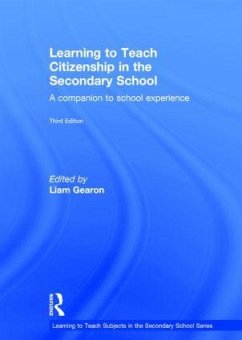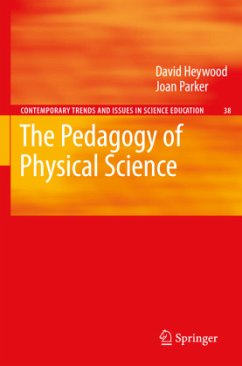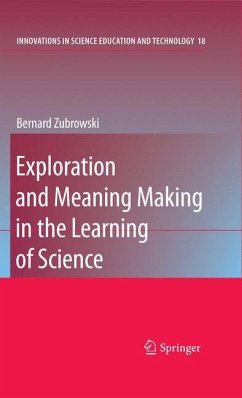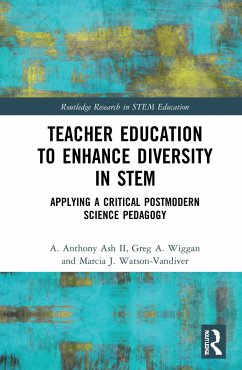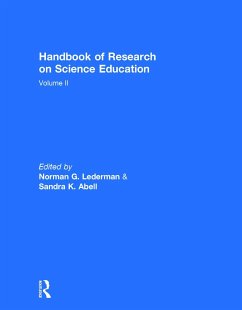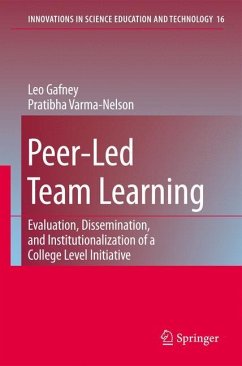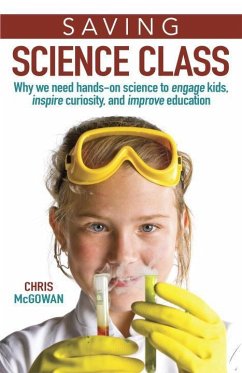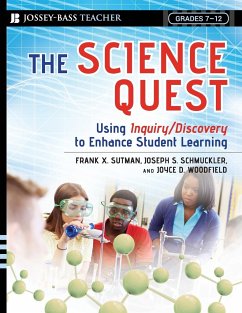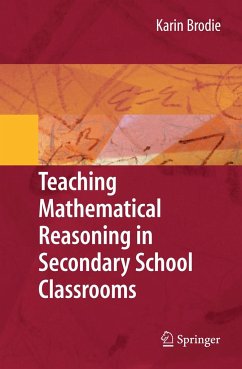Nicht lieferbar
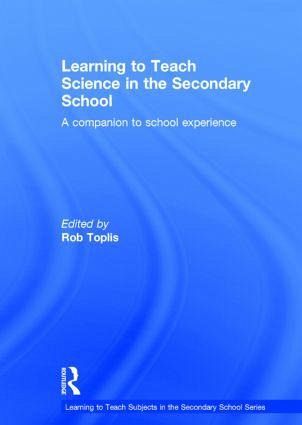
Learning to Teach Science in the Secondary School
A Companion to School Experience
Herausgeber: Toplis, Rob
Versandkostenfrei!
Nicht lieferbar
Learning to Teach Science in the Secondary School is an indispensable guide to the process and practice of teaching and learning science. This fourth edition has been fully updated in the light of changes to professional knowledge and practice and revisions to the national curriculum.





